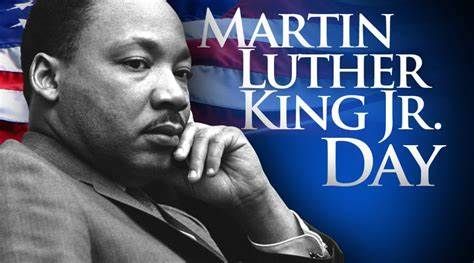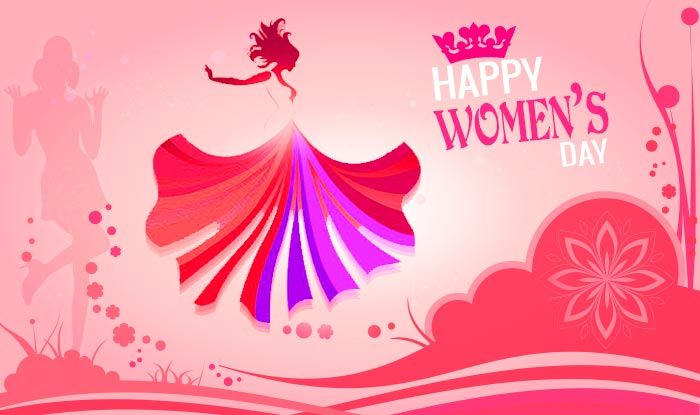Sometimes friendships evolve, and sometimes they end. Friendship is one of the most complex and confusing experiences we’ll ever encounter—mostly because there’s no single way to define it. Friendships take many forms: school friends, childhood friends, work friends, college friends, neighborhood friends, and more. The categories in which we place the people we spend time with are endless.
One of the hardest truths to accept is that not all friendships are meant to last a lifetime. Just because a friendship fades over time doesn’t make it any less meaningful. Think of the people you spent childhood summers with—birthday parties, sleepovers, sneaking into the ice cream after the parents went to bed. Those moments mattered. They shaped you. Even if you don’t stay in touch, those memories remain, and those friends will always hold a special place in your heart.
Drifting apart is difficult to accept, but it doesn’t have to be painful. Two people not talking anymore doesn’t always mean something went wrong. Sometimes it simply means life moved forward. You were there for each other when it counted. You were their shoulder to cry on, and that chapter deserves to be honored, even if it’s closed.
As we grow, we also have to be open to making new friends. It’s easy when you’re young—chasing someone on the playground in kindergarten is all it takes. But adulthood complicates things. Making friends requires effort, courage, and commitment. You have to put yourself out there, find common ground, and make time to nurture those connections.
Long-distance friendships are some of the hardest to maintain, but also the most rewarding. Maybe you met online, in college, or during a summer job, and now live across the country—or the world—from each other. These are the people who continue to check in, who care enough to keep the bond alive despite the distance. You may not see them often, but when you do talk, the connection is just as deep—if not deeper.
Then there’s your best friend—the person who just gets you. You spend as much time together as possible, and even if life gets in the way, your conversations pick up exactly where they left off. You could talk for hours yesterday and still have more to say today. If six months pass without a word, your connection doesn’t skip a beat. A best friend is in it for the long haul, and you’re grateful every day for that ride-or-die presence. They’re the ones who cheer for you—whether you’re winning or losing—and never measure your success against their own.
But as I’ve grown, I’ve also noticed how friendship expectations shift when success enters the picture. The more I achieve, the more I witness friendships evolve—and sometimes, expectations become imbalanced. That’s when I know it’s time to walk away. If someone no longer celebrates your growth or respects your boundaries, it’s okay to let go.
I said earlier that friendship has no one-size-fits-all definition, and I stand by that. But a few years ago, I came across the closest version I’ve ever found:
“A friend is someone you decide you like—and then you choose to do stuff with them.”
As odd and simple as that sounds, it’s remarkably accurate. At its core, friendship is a choice. And when those shared moments no longer bring joy—or when someone begins to disregard your peace or boundaries—it’s okay to choose to end that friendship. Letting go doesn’t erase the good times. It simply honors your growth.



